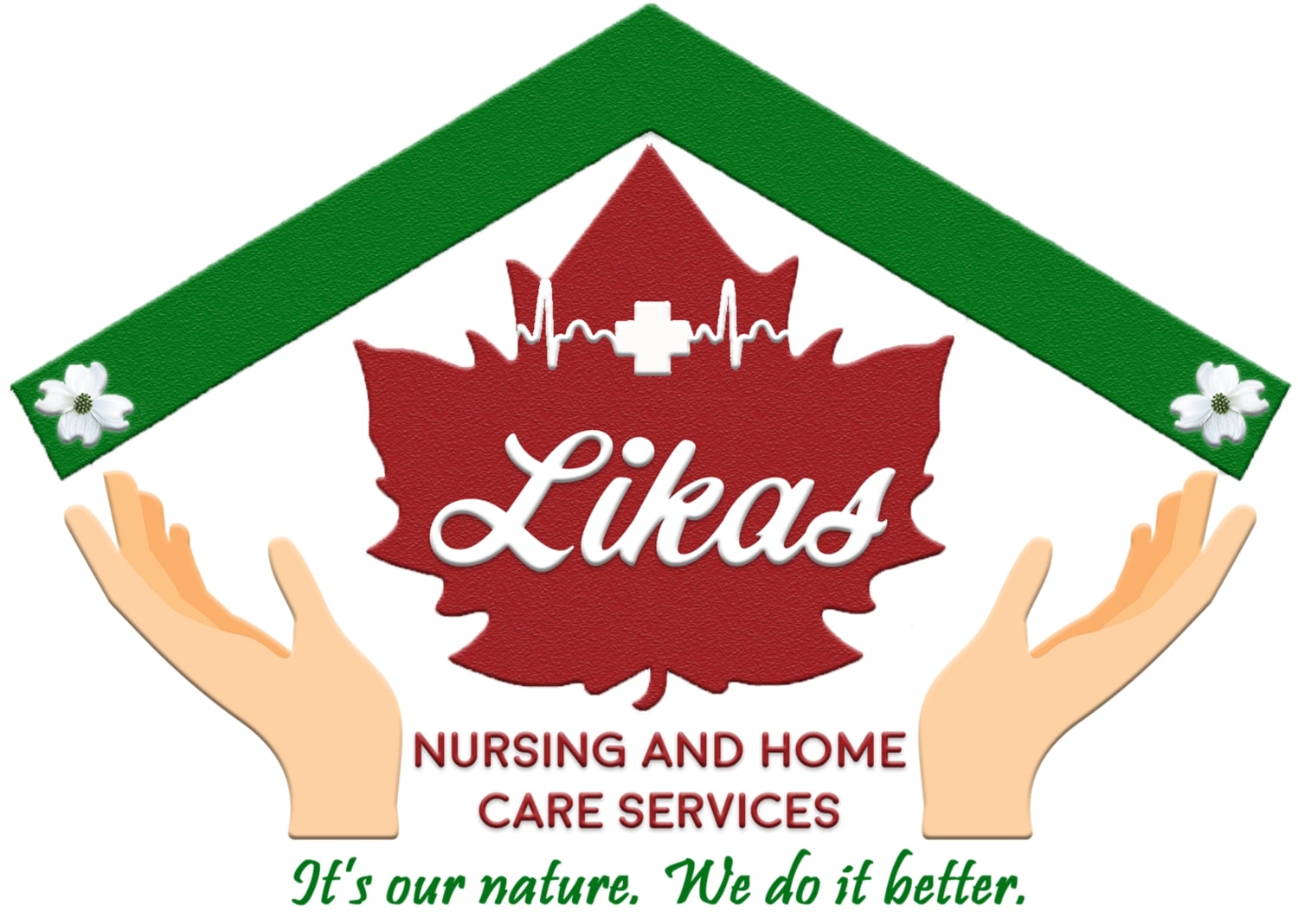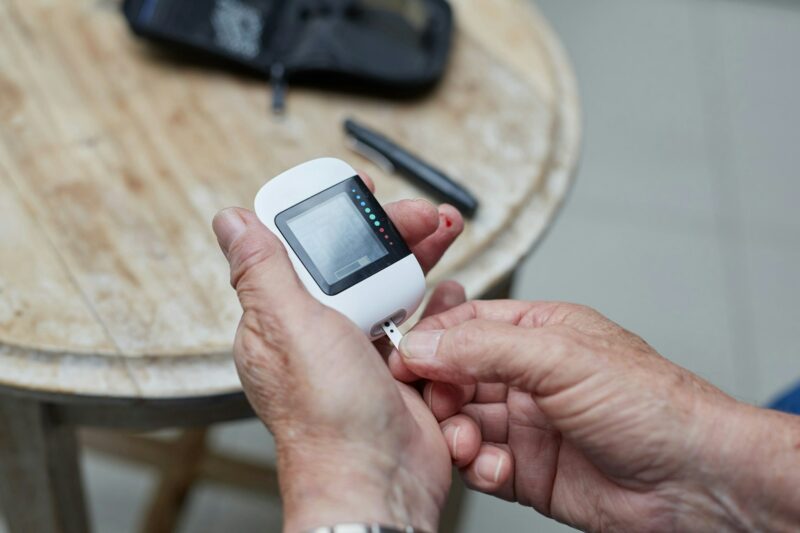
Medicine has always emphasized the importance of prevention over cure; hence, the availability of screening tests for diseases that cause significant morbidity and mortality. The last century has seen leaps in the understanding of women’s health and role in society. And so, in celebration of International Women’s Day this March, let us review, in this article, the measures that women, especially in their golden years, can take to live a healthy life.
A regular yearly visit to your general care practitioner will allow for the monitoring of your height, weight, and BMI. There will also be questions and advice given about risk factors, such as alcohol and tobacco use, diet and exercises, mental health, falls, and current medications.
Lifestyle diseases
Lifestyle diseases include hypertension, hyperlipidemia, and diabetes. Regular checks and bloodwork mean early interventions, including lifestyle changes, if necessary. This may even preclude the need for maintenance medications.
Blood pressure – Measurement of your blood pressure is recommended every 2 years if it is in the healthy range (120/80) and every year if it is higher than this (until 139/89).
Diabetes – Evaluating HbA1c from your blood is a great way to measure your average blood sugar over the last three months. It is a good idea to check for diabetes when you have hypertension, as these tend to occur together.
Lipid profile – As early as possible, women at increased risk for developing heart disease should have their lipid profile assessed. This means that the total cholesterol, LDL, HDL, and triglycerides will be measured in your blood.
Bone density – A DEXA scan is done to evaluate the density of your bones and is a good screening and diagnostic tool for osteoporosis. Women over age 65 are usually screened, although you may be eligible for earlier screening given certain risk factors, such as medications (e.g. steroid) and other diseases (e.g. rheumatoid arthritis).
Cancers
Breast cancer – A mammography every 2 years for women ages 50-74 is recommended. Self-examination and even yearly examination at the doctor’s office may not be able to detect small or diffuse lesions.
Cervical cancer – A Pap test is recommended every three years for women 21-65 who have an intact cervix. At age 30, a pap test and HPV test every 5 years can also be scheduled. After 65 years old, Pap smears can be stopped as long as there has been 3 negative tests in the last 10 years.
Colorectal cancer – Screening is recommended for women ages 50-75. A test to detect blood in the stool can be done every year. In addition, a flexible sigmoidoscopy or CT colonography can be done every 5 years, and a colonoscopy can be done every 10 years. Risk factors for more frequent studies include ulcerative colitis, a history of colorectal cancer, and a previous diagnosis of adenomatous polyps.
Lung cancer – Screening for lung cancer using low-dose computed tomography may be necessary should you be within age 50-80 years, have a 20-pack-year smoking history, and still smoke or have stopped within the last 15 years.
Skin cancer – A complete physical exam and dermoscopy, particularly on suspicious lesions and if you have risk factors (e.g. history, excessive sun exposure), is done to screen for skin cancer. A biopsy is performed to clinch the diagnosis.
Ovarian cancer – There is no routine screening for ovarian cancer. However, if there are worrisome symptoms, your doctor can order a transvaginal ultrasound and a CA-125 blood test. It is therefore important that you do not downplay any possible worrisome symptoms that you have.
Endometrial cancer – Like in ovarian cancer, there is no routine screening guideline. However, one of the more common symptoms of endometrial cancer is post-menopausal bleeding, and there are risk factors that may predispose you to developing it. Associated risk factors include taking tamoxifen for breast cancer, taking only estrogen as a contraceptive, and being overweight. When symptomatic, an ultrasound of the uterine cavity and an endometrial biopsy can be performed to make the diagnosis.
Infectious diseases
You may already know that women are more prone to urinary tract infections due to anatomical differences, including the location and length of the urethra. However, there are more important infectious diseases that you may have to be screened for.
Sexually transmitted infections – These include Chlamydia, gonorrhea, and syphilis. Chlamydia testing should be done yearly from age 24 if you are sexually active or are pregnant. This is important because sometimes, STDs can be minimally symptomatic and may ascend up the reproductive tract, causing more complications.
HIV/AIDS – Ideally, you should be tested at least once after age 20, and any time you may have been at high risk for being infected with the human immunodeficiency virus (HIV). HIV can be transmitted via the exchange of a variety of body fluids from infected people, such as blood, breast milk, semen and vaginal secretions.
Immunizations – Because the elderly have a less robust immune system, some vaccines are recommended. For example, over 65 years of age, pneumococcal vaccines are ideal. A shingles or herpes zoster vaccination may also be requested at age 50 or older.
Other examinations
Dental exam – A yearly exam for cleaning and examination is sufficient to keep those pearly whites healthy and to prevent tooth decay.
Eye exam – With age comes the loss of accommodative vision and the needs for near-vision lenses. A visit to the eye doctor can update your prescription, help you choose the best glasses for you, and also screen for cataracts and glaucoma.
Hearing exam – When symptomatic, your hearing should be evaluated professionally to determine the need for hearing aids.
Conclusion
Taking a proactive approach to being healthy maximizes your length and quality of life. For a personalized care plan, contact us at Likas Nursing and Home Care for a consultation with a registered nurse.
“She is clothed with strength and dignity, and she laughs without fear of the future. ”



